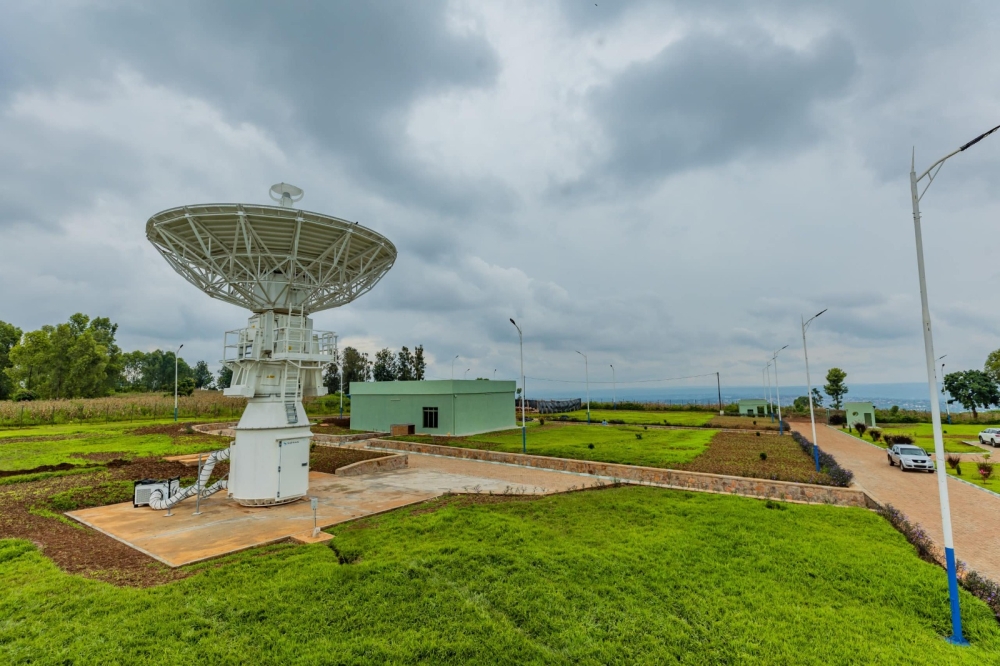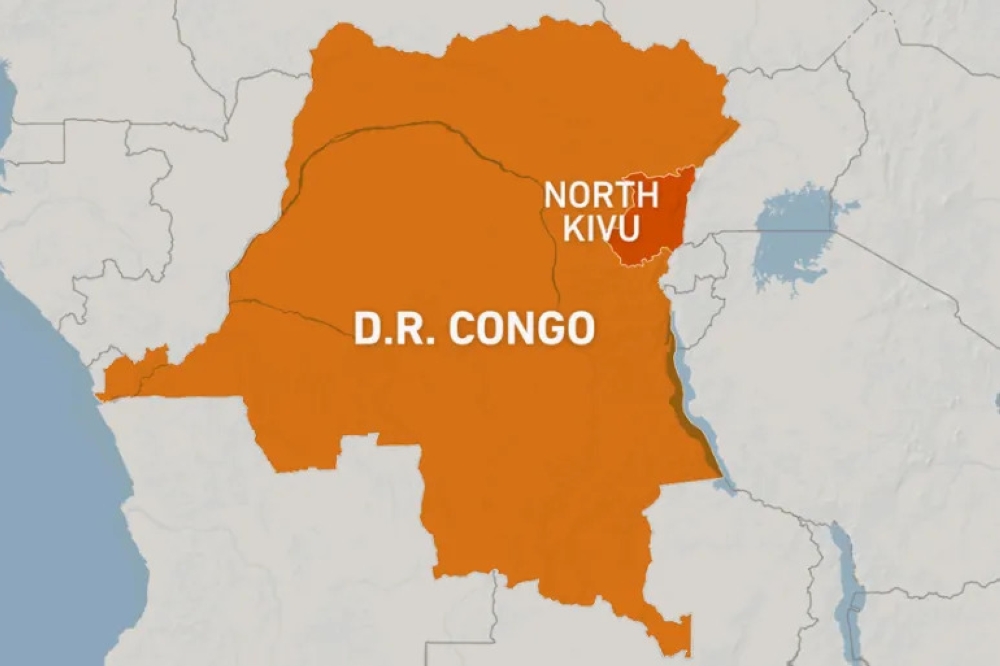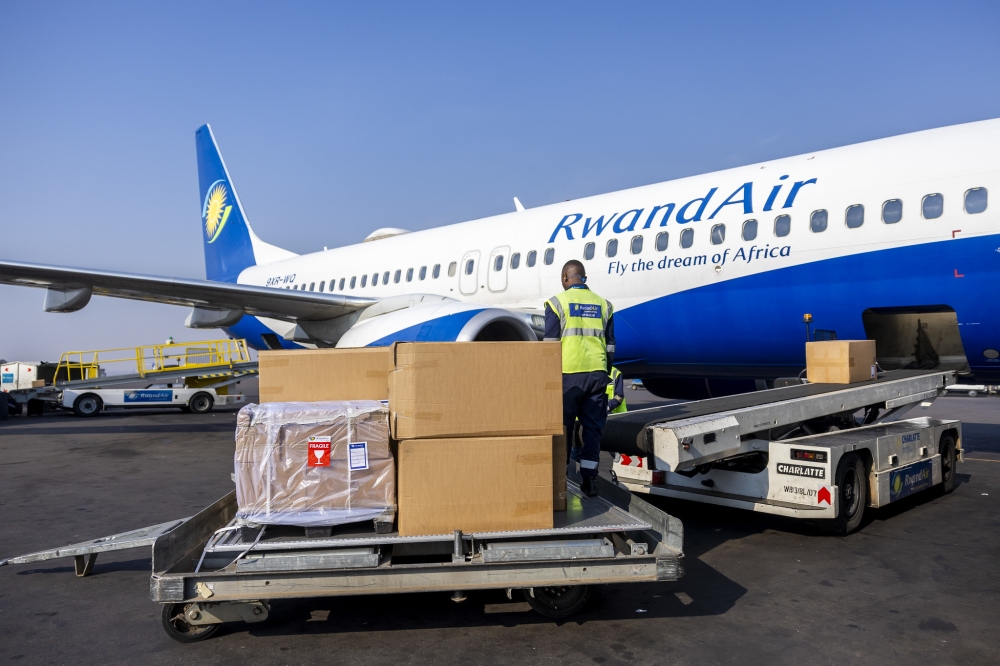Editor,Refer to the story “Efforts to harmonise regional trade policies gain momentum” published on Friday December 27.

Editor,Refer to the story " Efforts to harmonise regional trade policies gain momentum ” published on Friday December 27. It is encouraging to see that the tripartite free trade area (SADC, EAC and Comesa trade blocs) negotiations started in 2011 are finally going to bear fruits. The development is good news because harmonisation of trade policies will open up business markets and create opportunities for more investments.It will also increase employment as there will be more markets, and boost skills development across borders. The move will reduce operating costs for business that have markets across borders.But the policy’s success will be determined by terms set up in law because there are a few ‘blind sides’ in the initiative.There might also be issues that could make some member countries hesitant to embrace the initiative. For example, is it likely that harmonisation of the trade policies could easily expose member countries to inflation in case one country has a high inflation rate? Is it also likely that some countries will lose the huge amounts of money they have been making as custom duty due to their access to port? If yes, how will they be compensated?Could it give room for tax evasion and make it easy for those who sell counterfeit products? Will the member countries’ bureau of standards step up to ensure standards and quality are not compromised across borders?Otherwise, this is a positive step that will ease the cost of doing business in the region and see more money circulate and remain in the region, leading to self-governance and less reliance on foreign direct investments, which are not always as lucrative as they are said to be.Léon Gashumba, Bujumbura






